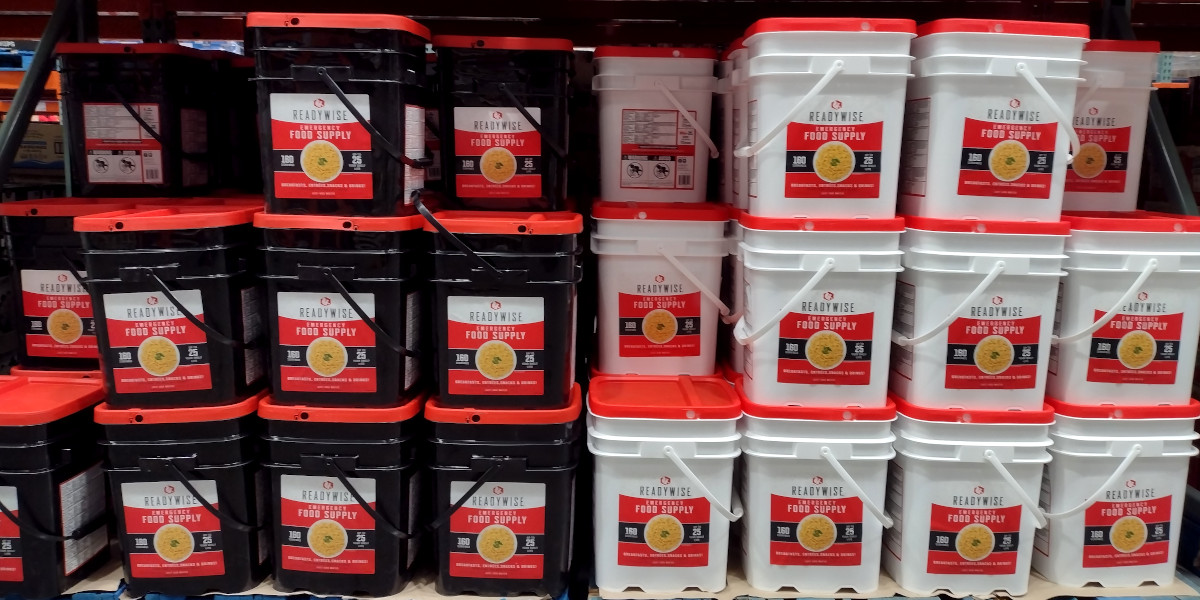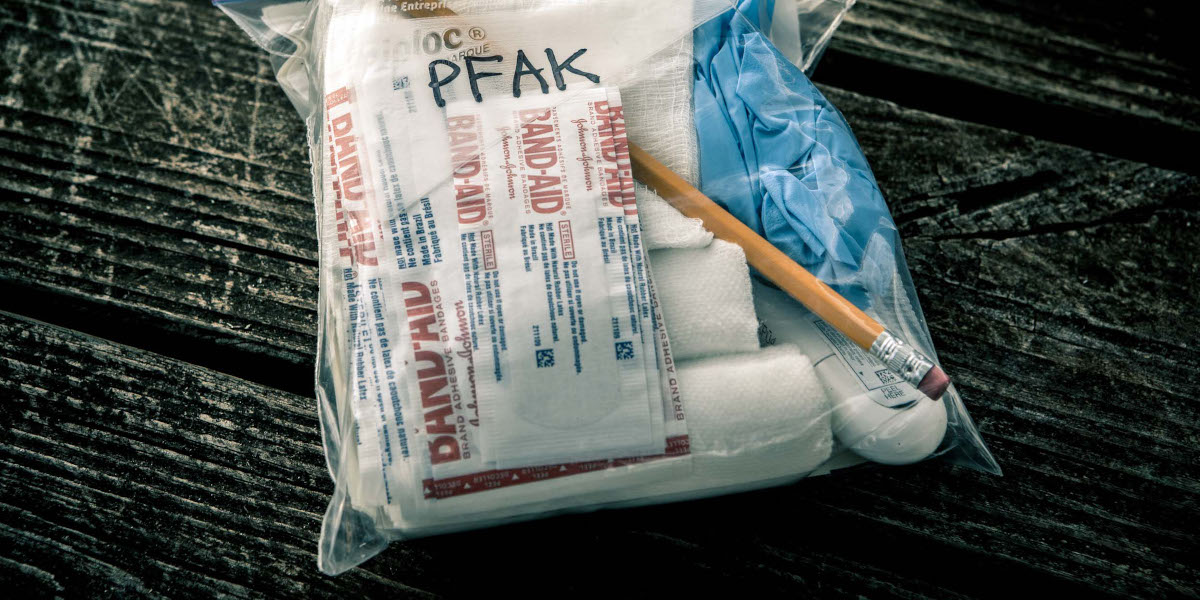Emergency Food Products Have a Nutrition Problem
You can live without carbs, but not without protein.

We need to talk about "emergency food" products. It's wise to have some comestibles set aside for an emergency (or even just as a budgeting tactic to guard against rising food prices), but the plastic buckets of packaged oatmeal and pasta that are marketed specifically as self-contained emergency supplies have some serious issues. To understand why, we need to discuss some fundamentals of nutrition.
To be healthy, the human body requires three broad categories of food, called macronutrients: protein, fats, and carbohydrates. The body also needs other nutrients, primarily vitamins and minerals, ideally from food. So, what happens if one of these are lacking?
Protein
Protein contains amino acids, which are also required for muscle repair and brain function. This is why protein supplements have been found beneficial for children with ADHD. Without protein, the body has a very hard time maintaining muscle tissue. Protein is vital, and in an emergency, the last thing you want to do is lose either muscle or brain function.
Fats
Fats have twice as many calories per gram as protein or carbohydrates, which means they are a more efficient source of pure energy than the other macronutrients. This is why one slice of cheesecake can contain more calories than three entire meals of "healthy" food. In an emergency, where calories might be important to keep going, fats are a useful source of energy. However, since most of us carry around plenty of fat, which the body can break down when needed, this is of secondary concern. Of primary concern is the fact that dietary fats are vital for regulating hormone levels. Without enough fats, not only do we feel excessively hungry, but we may have trouble sleeping, regulating our emotions, and functioning effectively.
Carbohydrates
Carbohydrates are the body's primary source of easily-available energy. Carbs break down into sugars, which can be used by most cells as fuel. Unused sugars are stored as fat for later use. In the absence of carbohydrates, the body will shift into ketosis, which is the "fat-burning mode" made popular by the low-carb and keto diets. The main problems with this are a tendency to constipation (from lack of fiber), and a deficiency of certain nutrients that are found primarily in grains, fruits, and vegetables. However, people can live for years without carbohydrates if necessary.

The Upshot
Of the three macronutrients, carbohydrates are actually the least important. But, what do emergency food products primarily contain? If you guessed carbohydrates, you win a gold star for the day. Cheap, white-flour carbs with little to no nutritional value are the cornerstone of virtually all commercialized emergency food products.
Carbs like this are good for only one thing: quick energy. But in most cases, after an emergency, people aren't spending all day shoveling rubble or walking for miles to water. They're sitting around, waiting for the lights to come back on. Eating carbs in that situation is going to do nothing but pack on a few extra pounds of lard, while your muscular, endocrine, and nervous systems starve for protein and fats.
If the alternative is starving to death, emergency food products are definitely preferable. But the reality is that the best emergency rations are probably just canned versions of the same food you eat normally. Canned chicken and fish are excellent sources of protein, while stews and soups are both nutritious and filling. Most canned fruit is packed in sugar syrup, which is not good, but canned chickpeas can be roasted (over a grill or an open fire, if necessary) to make an excellent and portable snack. If you like pasta, you can simply buy a few extra boxes of your favorite noodles; for added nutrition, select the whole weat version. Hard-boiled eggs will stay good for several days without refrigeration (as long as the shell is unbroken), and boiling is easy to do over a flame, if needed.
You wouldn't shop at a convenience store instead of a grocery store for your regular meals, so don't fall for the convenience trap of pre-packed emergency food. Buy an extra can or two every time you go shopping, and you'll quickly (and relatively inexpensively) build up an emergency food stockpile that will be more nutritious and tastier than anything you'll find in a bucket.



